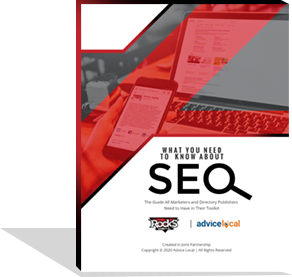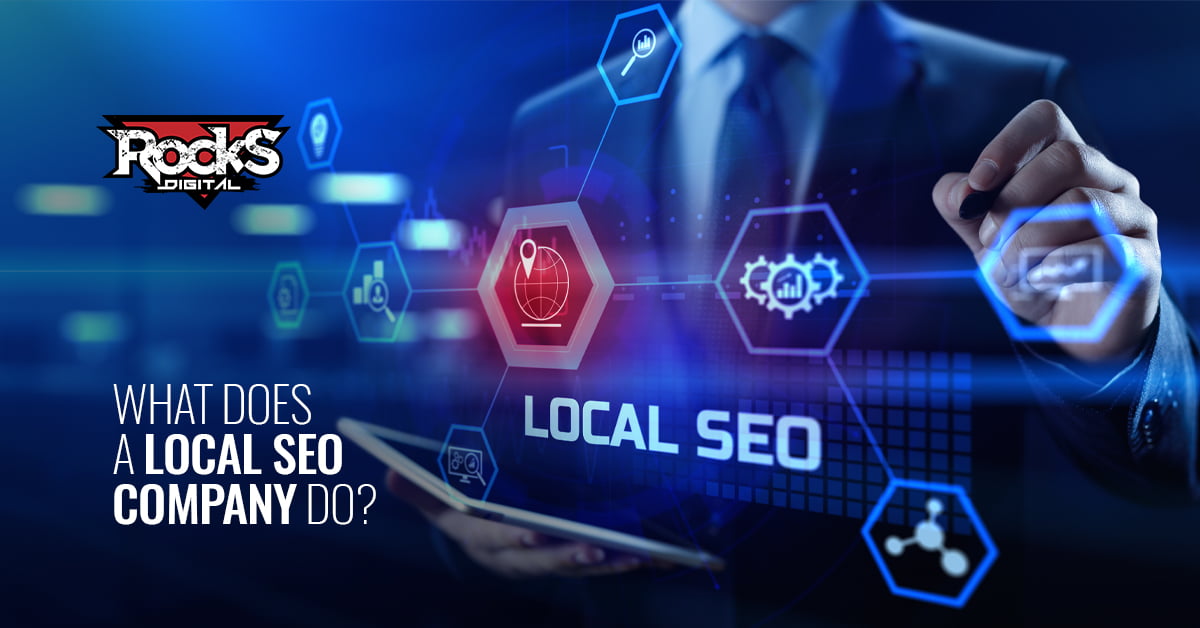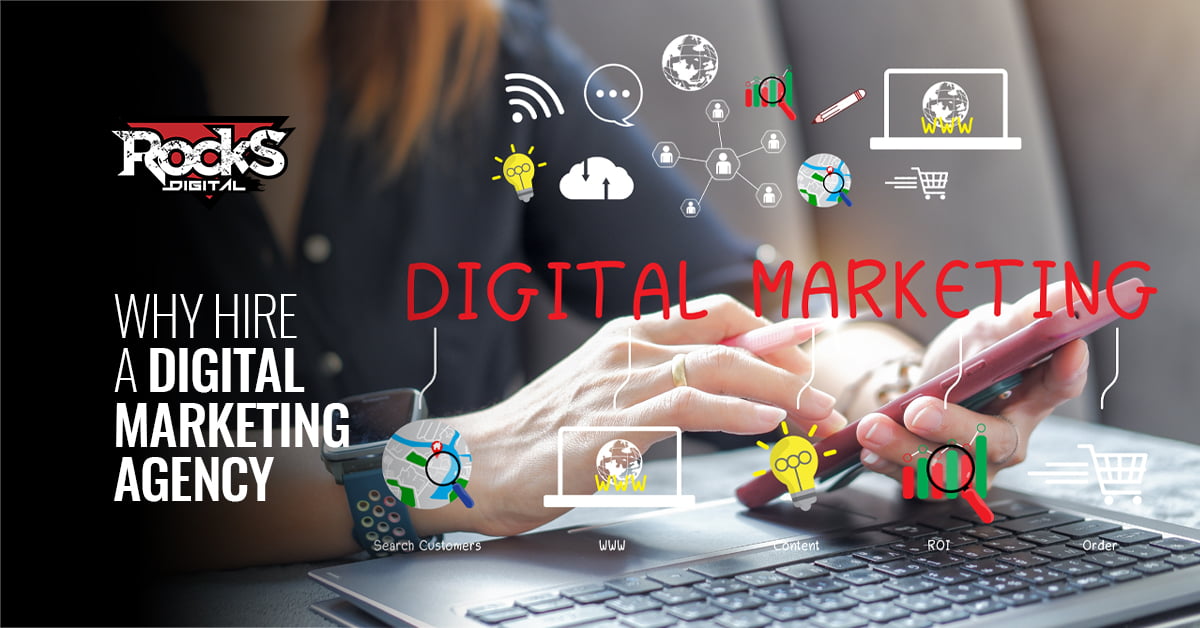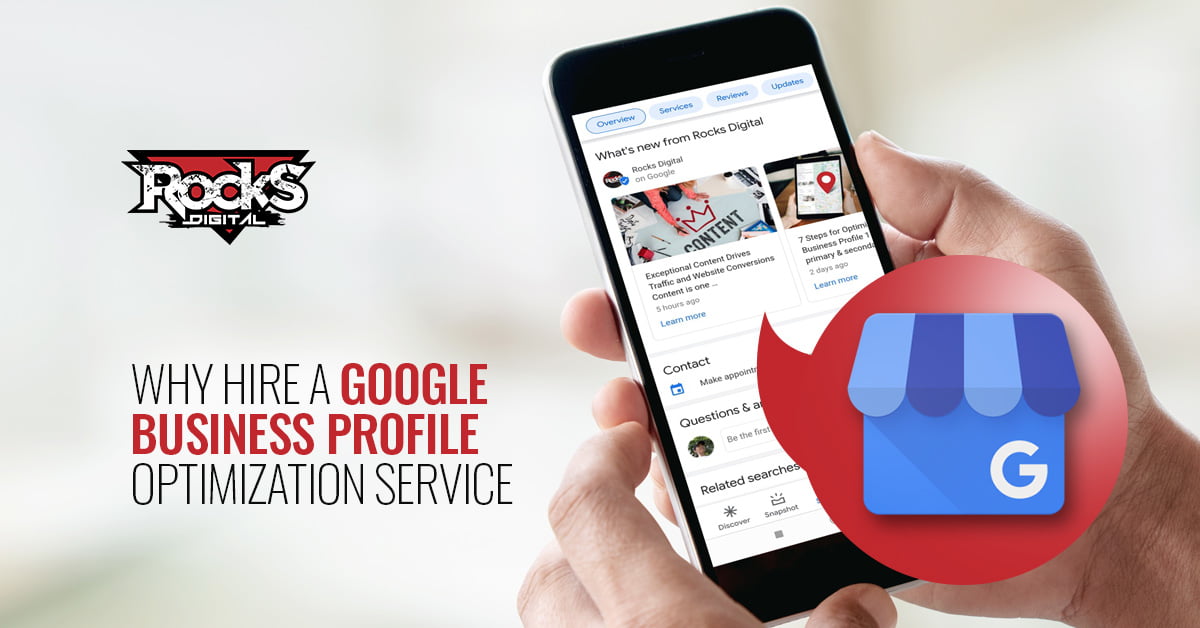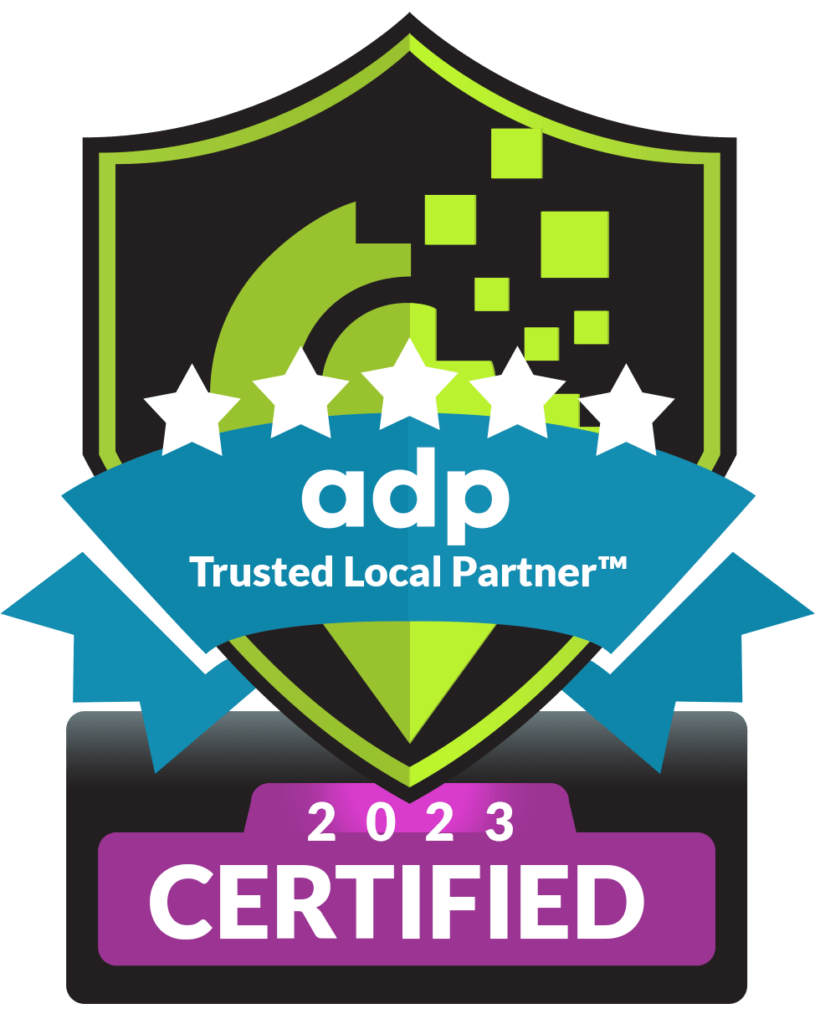Find Out About the Latest Marketing Technology with the Geek Chat Panel
Let’s get geeking! We have Robin Moss, John Nosal, and Jeff Whitfield on today’s Geek Chat with A.J. Wood as the moderator. These 3 techies are super talented and had a lot of knowledge to share. First of all, let’s do a quick introduction for each of them.
- Robin Moss is the founder of Ribit, a digital marketing agency. She’s been building websites, and dealing with search, social media, graphic design, mobile, and everything in between since 1994.
- John Nosal is the director of web development for Advice Local. He is a WordPress enthusiast (YAY!), and built his first website in 1995 with AOL.
- Jeff Whitfield is “saving the world from bad web design” as TheJeffWhitfield. He calls himself a web architect, and he holds a local group called Refresh Dallas.
Give us your ideas and feedback as far as Platform VS. Mobile VS. App, and thinking about your community?
John: It’s interesting watching that whole transition. Everyone wanted to develop an app, and it’s doing a huge circle, and everyone now wants to build a strong, mobile friendly site. It’s a really unique transition how it’s going through the transition of mobile app to website. Also, everyone is getting on the rewards program band-wagon.
Robin: It takes a lot of code knowledge to develop these things and it depends on who you are and what you are doing. Spending thousands of dollars on an app that works everywhere depends on who you are. It makes more sense to spend the little bit of money to build a website than to spend it on many apps, if that’s what works for you.
Jeff: There is a User-Experience perspective to these types of things. People are building apps, but you have to really know your audience and ask yourself if it makes sense. When we design websites, sometimes you think you can download a template and that’s it, but it takes a lot of time and energy to design these things right. The context can change, and we have to build around those problems.
Even UBER took it upon themselves to do a better desktop experience and Adobe has made a desktop user experience because some people aren’t on mobile. It is important to decide whether you’re going to do app, website, or platform. You have to look at your audience.
Jeff: I think having access inside of a desktop web page to a QR code or coupon is huge, because that means that if someone doesn”t want to have it on app they can have the alternative option on desktop.
John: Instagram and Pinterest started out as exclusively apps, and it stopped me essentially from using it because I didn’t want to have to use only my phone for it. But, eventually, they bettered the experience.
Robin: Certain things show on the desktop and certain things show on mobile. That can sometimes be a problem.
A Responsive website design VS. Adaptive?
John: Taking it one step further, if you’re on more than one location, the landing page on mobile can be your address and phone number because that is why they are going to your website. So if you have the landing page as the address, and then it goes to your main website, it would still be responsive.
Jeff: It always starts with understanding who your audience is and if your audience is going to be more desktop or mobile users. Even if it’s responsive, it’s not gonna solve all your problems. Responsive means it can go from one screen to another and respond, and adaptive means that you can change and adapt it to fit in that context, so there are some differences.
Duplicate content with A/B split testing. How can you do duplicate content with A/B split testing on ads without being penalized?
John: A/B testing is a very complex thing to do. I reuse landing pages and set up a 301 redirect several fake links to the same landing page, and then track how many people used those fake links. Google doesn’t penalize these things because they know it’s a link screen.
Robin: While you have the same information, part of it is that you’re saying it differently. Google notes that it’s said differently and organized differently.
Jeff: Something you can do is add a URL screen and put it as part of the ad so you can have the same ad but feeding it different info to determine where it came from.
Do you see websites changing with e-commerce and the rise of social media?
Robin: The demise of websites is premature, just like the demise of email. You can’t ignore shopping on Facebook or Amazon, or using other platforms. You can’t ignore Snapchat, Instagram, and even websites.
Jeff: It’s a matter of context and using the right thing because it makes sense for your business. There are many restaurants who don’t have websites, and that doesn’t affect them at all. If it makes sense for your business, do it. If it doesn’t, and it won’t kill your business, don’t do it.
John: Watch, try stuff, see where it’s going! It’s going to be really interesting to see what’s happening with Smart Watches, and everyone is using them. Next year we’ll probably have a track on using them to communicate our message.
It was really powerful when Robin was talking about the cost of a website:
“I have people who come and ask ‘How much does a website cost?’ and I ask, ‘What does a home cost?’ It really depends on what you want. What are your goals and objectives? And what do you want to do with your website?”
Focus on your goals and your dreams with web and social, and you’ll go far!
Elisha Fernandez
Elisha Fernandez is a blogger at WhollyART.com, author of "I Love ME! Self-Esteem in 7 Easy Steps," public speaker, and passionate enthusiast in writing, singing, dancing, and using her creativity to help others. You'll most likely find her with a book stuck in her face, playing the piano, on her blue laptop, or hugging people.


